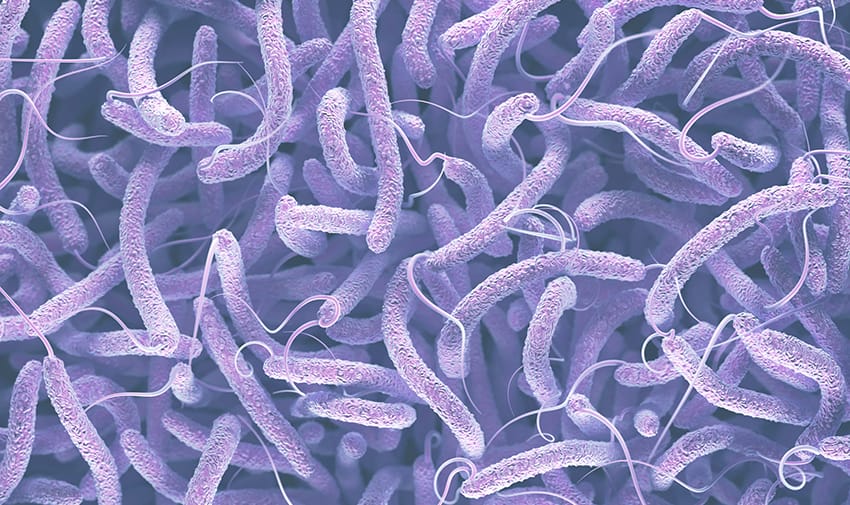The Nigeria Centre for Disease Control and Prevention (NCDC) has confirmed 1,307 suspected cases of cholera and 34 deaths across 30 states and 98 Local Government Areas so far this year, raising concerns as the country approaches the peak of the rainy season.
NCDC Director-General Dr. Jide Idris, speaking at a press briefing in Abuja, warned that more than 3,300 communities—many in flood-prone areas—are at immediate or moderate risk of cholera due to inadequate sanitation and limited access to clean water. The current case fatality rate stands at 2.6%, more than double the agency’s target of under 1%.
Dr. Idris urged state governments to activate emergency response plans and ensure transparency in data reporting. He cited the 2025 Annual Flood Outlook, which highlights over 1,200 high-risk communities in 176 LGAs and more than 2,100 at moderate risk in 293 LGAs.
In addition to cholera, NCDC is monitoring other public health threats. Lassa fever cases have declined in recent weeks, but the country has still reported over 4,200 suspected cases and 132 deaths this year. Cerebrospinal meningitis appears to be stabilizing due to vaccination efforts, while 723 suspected cases of Mpox, including 136 confirmed and three deaths, have been recorded across 27 states.
To address these health challenges, NCDC has deployed Rapid Response Teams, activated its Emergency Operations Centre, increased Mpox testing capacity, and conducted infection control training for healthcare workers.
Dr. Idris emphasized the importance of public awareness, hygiene practices, and quick medical intervention to combat cholera, which spreads through contaminated food and water and can cause fatal dehydration if untreated.
He called on health workers to report cases promptly, urged states to improve sanitation and conduct targeted vaccinations, and advised the public to boil drinking water, maintain hygiene, and avoid unsafe foods.
“With collective action and timely response, we can prevent further loss of life,” Dr. Idris stated.



